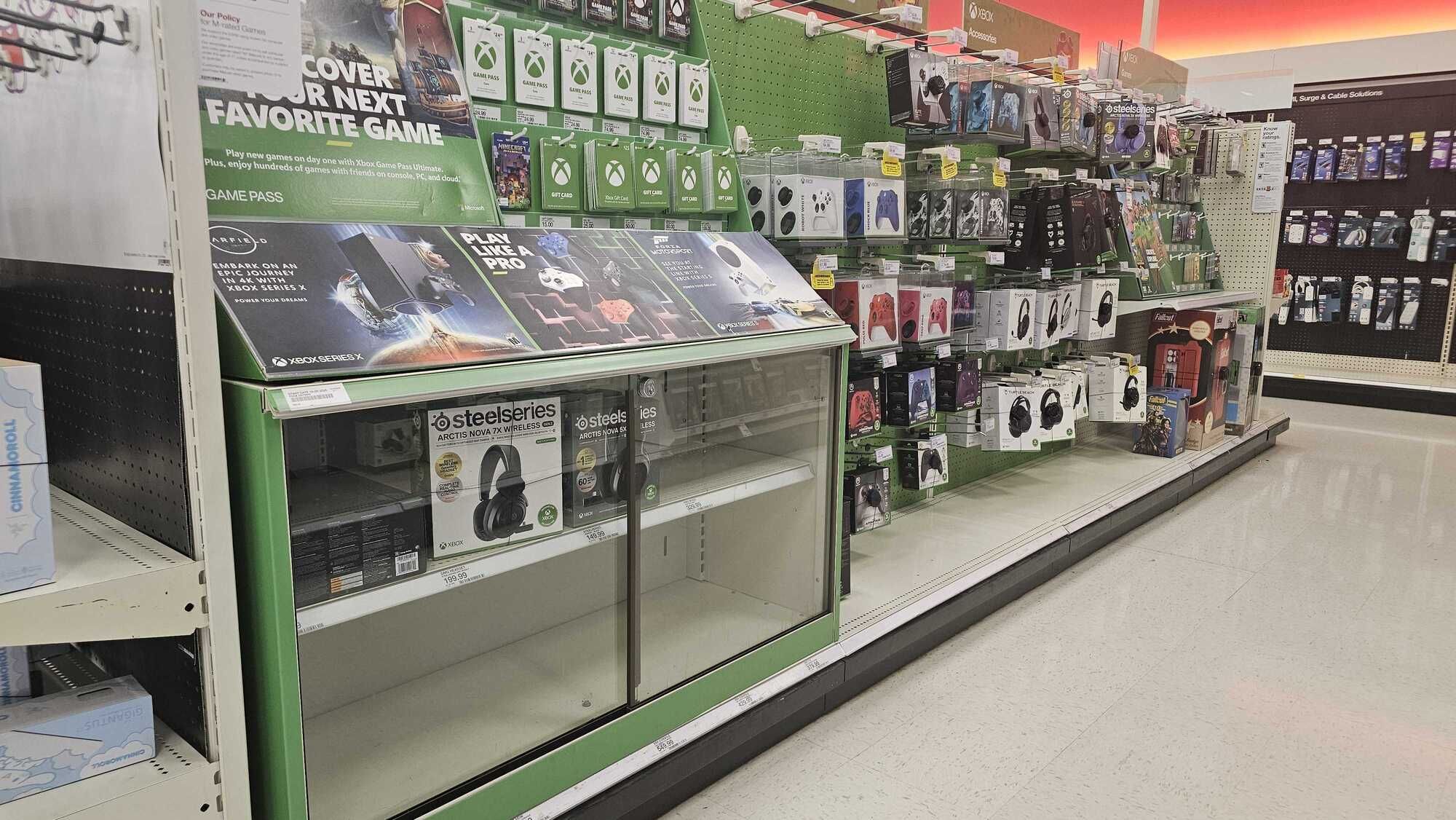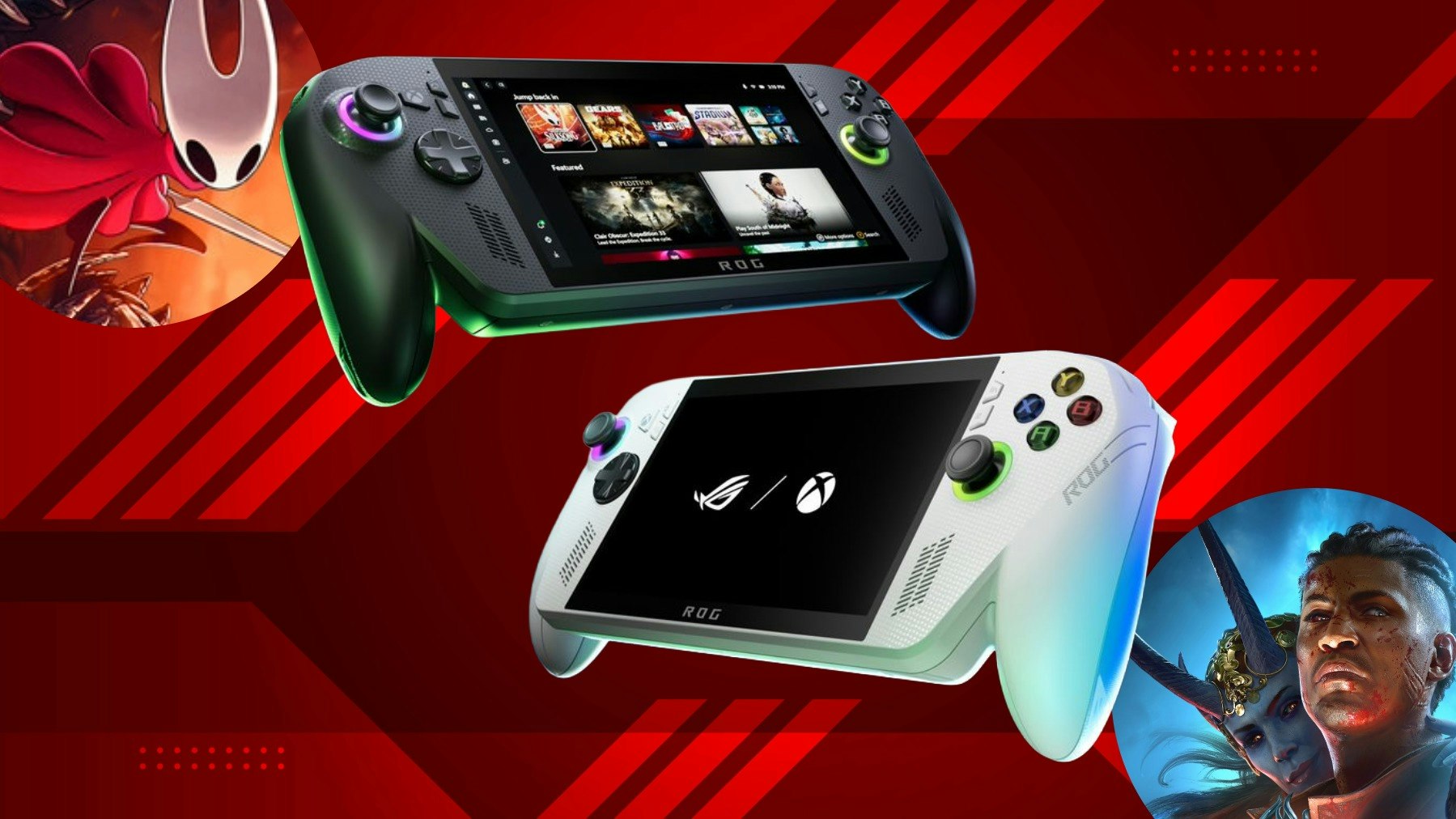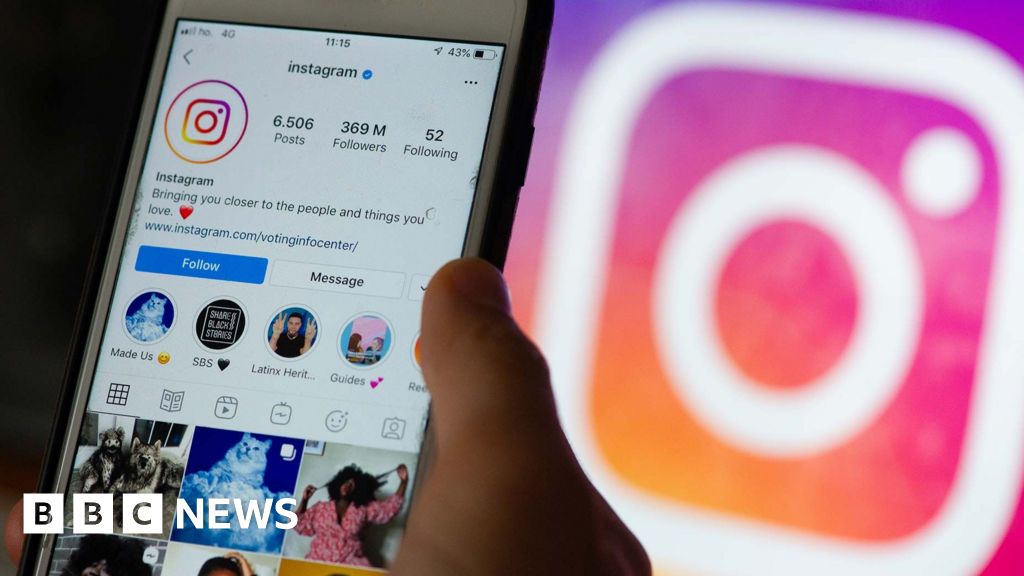Halo Comes to PlayStation: Microsoft's Cross-Platform Expansion

Microsoft's Halo Series Expands to New Platforms
Microsoft is breaking new ground by bringing its iconic Halo franchise to a rival console for the first time. Traditionally exclusive to Xbox, this move marks a significant shift in the gaming landscape, allowing PlayStation players to experience one of the most beloved first-person shooter series in history. The decision reflects Microsoft’s evolving strategy to grow its audience beyond platform boundaries.
Significance for Gamers and the Industry
Halo’s arrival on PlayStation is more than just a platform expansion; it symbolizes a new era of collaboration and competition between major gaming companies. Fans who previously missed out on the series now have access, potentially boosting Halo’s community and multiplayer ecosystem. This could also encourage other developers to rethink exclusivity, leading to more cross-platform opportunities.
Looking Ahead
As Microsoft embraces wider accessibility for Halo, this move may redefine console rivalry dynamics. The series’ launch on PlayStation could pave the way for future collaborations, ultimately benefiting gamers through greater choice and shared experiences in the evolving world of video games.
About the Organizations Mentioned
Microsoft
Microsoft is a global technology leader that develops, licenses, and supports a broad range of software, services, devices, and solutions. Founded in 1975 by Bill Gates and Paul Allen, Microsoft initially gained prominence through its MS-DOS operating system and later Windows, which became the dominant PC operating system worldwide. Over time, the company expanded into cloud computing, productivity software, gaming, and AI, evolving from a software vendor into a comprehensive technology ecosystem[2][4]. Today, Microsoft’s core business revolves around its cloud platform, Azure, which supports enterprise digital transformation and AI innovation. In fiscal year 2025, Microsoft reported a strong financial performance with revenue reaching $76.4 billion, an 18% increase year-over-year, driven largely by a 27% growth in Microsoft Cloud revenue to $46.7 billion. Operating income rose 23%, and net income increased 24%, underscoring robust profitability. The company’s strategic focus on cloud and AI is central to its growth, with Azure surpassing $75 billion in revenue, reflecting broad adoption across industries[3][5]. Microsoft also leads in cybersecurity solutions, with Microsoft Sentinel recognized as a leader in Gartner’s 2025 Magic Quadrant for Security Information and Event Management (SIEM). This AI-powered cloud service enhances threat detection and response, reflecting Microsoft’s commitment to innovation in security and hybrid cloud environments[6]. The company employs over 220,000 people worldwide and continues to drive digital transformation both internally and for its customers. Its vision embraces the integration of AI and human intelligence, pioneering the “Frontier Firm” model—organizations that blend AI agents with human judgment to scale rapidly and innovate continuously[1][4]. With a diversified portfolio including Office 365, LinkedIn, Xbox, and Surface devices, Microsoft remains a dominant force in technology, shaping the future of work, security, and AI-enabled business transformation[2][3][6].
PlayStation
Sony Interactive Entertainment (SIE), the organization behind the PlayStation brand, is a leading global player in the video game industry, specializing in the creation and distribution of gaming consoles, software, and network services. Founded in 1993 as Sony Computer Entertainment, SIE launched the original PlayStation console in Japan in 1994, revolutionizing the gaming landscape with innovative hardware and immersive games[2][5]. PlayStation's product ecosystem includes flagship consoles such as the PlayStation 5 (PS5), which as of mid-2025 has sold over 80 million units worldwide, making it the most profitable generation to date with more than $136 billion in sales and $13 billion in operating income[2][3]. The company also offers services like PlayStation Plus, a subscription platform delivering exclusive content and community features, and the PlayStation Portal, a handheld device enabling remote play with the PS5[2]. PlayStation has cultivated a loyal user base, boasting 123 million monthly active users and over 1.388 billion software units sold across PS4 and PS5 as of June 2025[2]. Sony's strategic focus in 2025 emphasizes sustainable growth, platform engagement, and long-term revenue consistency amid evolving gaming trends, including mobile, PC, and web3 gaming. The company maintains a strong financial footing supported by favorable exchange rates and continues to prioritize user engagement, with over 51 billion hours of annual gameplay recorded[1][2]. Additionally, PlayStation Studios worldwide develop award-winning exclusive titles, further cementing the brand's reputation for quality and innovation[5]. Marketing efforts are robust, leveraging high-profile campaigns and events like the Electronic Entertainment Expo to promote PlayStation products globally. The brand’s slogans, such as “Play has no limits,” encapsulate its vision to provide unparalleled gaming experiences[4]. Moreover, PlayStation has expanded into media production, notably with PlayStation Productions, which produced the Emmy-winning adaptation of The Last of Us, showcasing its commitment
Xbox
**Xbox** is a video gaming brand owned by Microsoft, encompassing a series of home video game consoles, gaming services, applications, and development studios. Launched with its first console in November 2001, Xbox marked Microsoft’s entry into the gaming console market, competing initially against Sony’s PlayStation 2, Nintendo’s GameCube, and Sega’s Dreamcast[2][4]. The original Xbox was built around PC architecture, featuring a 733 MHz Intel Pentium III CPU and an Nvidia GeForce 3 GPU, which was powerful for its time. It was also the first console to include a built-in hard disk and an integrated Ethernet port, enabling online gaming through Xbox Live, launched in 2002. Xbox Live was a pioneering paid online service that revolutionized console multiplayer gaming, offering features like friend lists and matchmaking, with landmark titles such as *Halo 2* driving its popularity[4][5][6]. Although the original Xbox sold over 24 million units worldwide, it was not profitable for Microsoft initially, resulting in a $4 billion loss. However, the brand gained momentum with subsequent consoles: the Xbox 360 (2005) significantly boosted Microsoft’s market share during the seventh generation of consoles, followed by the Xbox One (2013) and the latest Xbox Series X and S (2020). These later consoles expanded Xbox’s ecosystem to include cloud gaming, streaming services, and the acquisition of Xbox Game Studios, strengthening Microsoft’s position in the gaming industry[1][6]. Notably, Xbox’s competitive strategy emphasized powerful hardware, a robust online service, and exclusive game franchises, establishing it as a major player in the "console wars" primarily against Sony. The brand’s evolution is documented in the “Power On” docuseries, which highlights its impact and innovation over more than two decades[8]. Today, Xbox remains a leading force in gaming technology and entertainment, blending hardware, software, and services to cater to a vast global audience o


















